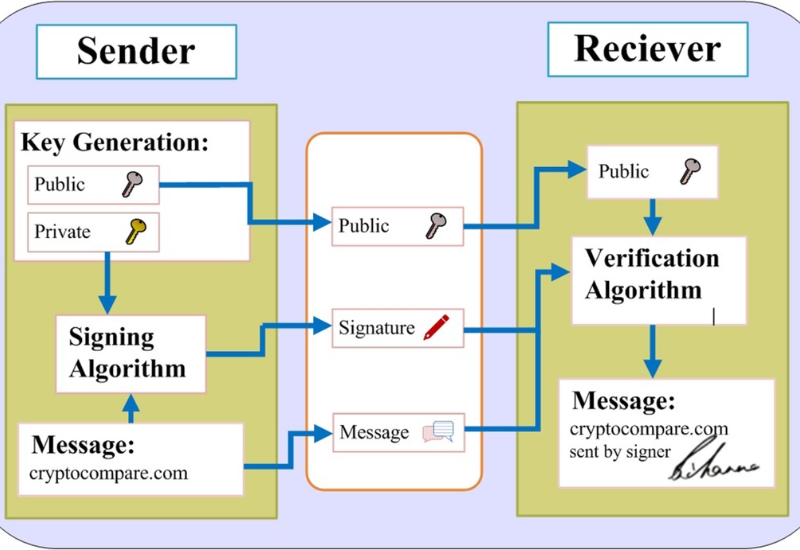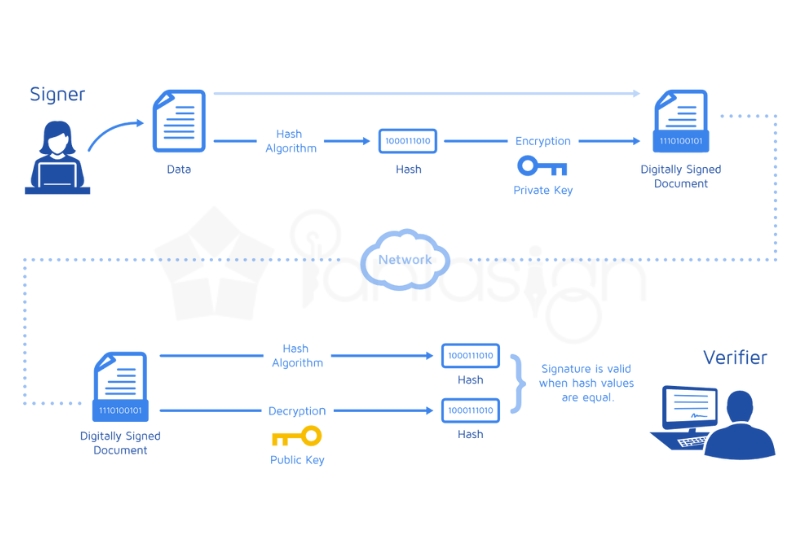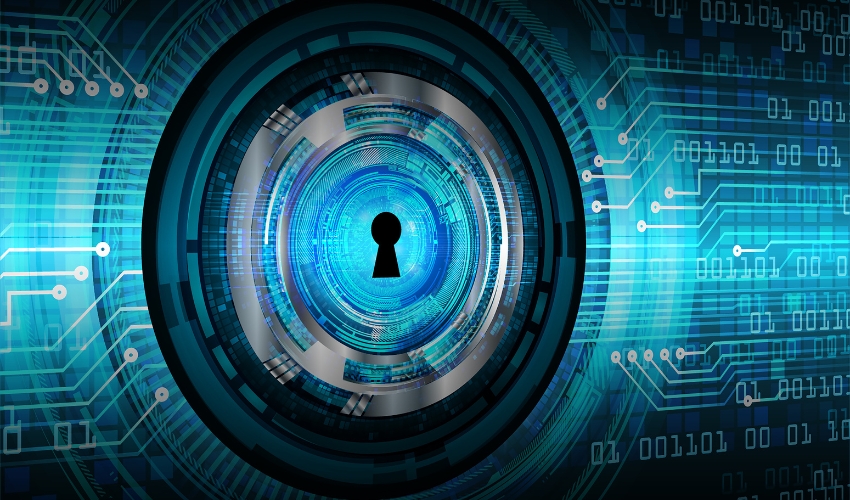In an increasingly digital-driven world, businesses are constantly seeking ways to improve efficiency, enhance security, and reduce costs. Digital signatures have emerged as a game-changing solution, offering a secure and convenient way to sign documents electronically. Let's explore how digital signatures streamline processes, enhance security, and reduce paperwork, making them indispensable in the modern business landscape.
1. What are digital signatures?
1.1 A digital signature is the electronic equivalent of a handwritten signature, ensuring that the person signing a document is verified and the content remains intact. It uses encryption technology to create a secure and unique signature that cannot be forged or tampered with.
Unlike traditional signatures, digital signatures are legally recognized under laws like the Information Technology Act, 2000 in India and similar regulations worldwide, making them a reliable tool for businesses.
1.2 Streamlining Business Processes with Digital Signatures
1.2 Digital signatures simplify workflows by eliminating the need for physical documentation and manual processes. Here’s how they help streamline operations:
1.3 Faster Document Approval
1.3 With digital signatures, documents can be signed and approved instantly from any location. This is particularly useful for businesses with remote teams or global operations.
1.4 Seamless Integration with Digital Tools
1.4 Digital signatures can be easily integrated into various platforms such as email, cloud storage, and document management systems. This ensures a smooth flow of documents without switching between tools.
1.5 Reducing Operational Delays
1.5 Gone are the days of waiting for courier services or in-person signatures. Digital signatures enable businesses to complete transactions and agreements faster, improving overall productivity.
1.6 Enhancing Security with Digital Signatures
1.6 One of the most significant advantages of digital signatures is the level of security they offer.
1.7 Encryption Technology
1.7 Digital signatures use public and private key encryption to authenticate signers and secure documents. This ensures that only authorized individuals can sign or access the document.
1.8 Preventing Forgery and Tampering
1.8 Unlike handwritten signatures, digital signatures are nearly impossible to forge. Any attempt to alter the signed document invalidates the signature, providing an additional layer of protection.
1.9 Audit Trail and Accountability
1.9 Digital signatures generate a detailed audit trail, recording who signed the document and when. This ensures accountability and transparency in business processes.
1.10 Reducing Paperwork with Digital Signatures
1.10 Digital signatures are a sustainable and cost-effective solution that helps businesses reduce their reliance on physical paperwork.
1.11 Going Paperless
1.11 Digital signatures eliminate the need to print, sign, and scan documents. This not only saves paper but also reduces printing and storage costs.
1.12 Environmentally Friendly
1.12 By reducing the need for physical documents, businesses can minimize their environmental footprint and contribute to sustainability initiatives.
1.13 Easy Document Management
1.13 Digital documents are easier to store, organize, and retrieve compared to bulky physical files. They can be securely stored on cloud platforms, ensuring easy access from anywhere.
1.14 Industries Benefiting from Digital Signatures
1.14 Digital signatures are widely adopted across various industries, including:
- Finance: For secure loan agreements, account opening, and financial transactions.
- Healthcare: To sign patient records, prescriptions, and other sensitive documents.
- Legal: For contracts, affidavits, and legal filings.
- Real Estate: To execute property transactions and rental agreements remotely.
- 2. How Digital Signatures Improve Business Efficiency?
2.1 Saving Time
2.1 The ability to sign documents electronically cuts down on administrative delays, allowing businesses to focus on core activities.
2.2 Enhancing Collaboration
2.2 With digital signatures, teams can collaborate on documents in real-time, ensuring smooth communication and faster approvals.
2.3 Building Trust
2.3 The security and authenticity provided by digital signatures help businesses build trust with clients, partners, and stakeholders.
2.4 Legal Recognition of Digital Signatures
2.4 Digital signatures are legally recognized in many countries, including India, under the Information Technology Act, 2000, and in the United States under the E-SIGN Act. This legal backing ensures that electronically signed documents are admissible in court, making them as valid as traditional signatures.
3. How to Implement Digital Signatures in Your Business?
3.1 Choose a Trusted Provider
Partner with a reliable Certifying Authority (CA) like Pantasign to obtain your digital signature.
3.2 Integrate with Business Tools
Ensure that your digital signature solution is compatible with your existing tools and platforms for seamless integration.
3.3 Train Your Team
Educate your employees on the use and benefits of digital signatures to encourage adoption.
3.4 Stay Compliant
Adhere to legal and regulatory requirements when implementing digital signatures in your processes.
3.5 The Future of Business with Digital Signatures
Digital signatures are more than just a tool—they represent a shift towards smarter, more efficient ways of doing business. By embracing this technology, businesses can streamline their operations, enhance security, and contribute to a more sustainable future.
Conclusion
Digital signatures are a practical solution for businesses looking to stay competitive in today’s fast-paced digital world. They simplify processes, protect sensitive information, and eliminate the inefficiencies of paperwork. As businesses continue to embrace digital transformation, digital signatures will remain a vital tool for success.
Frequently Asked Questions
1. Are digital signatures legally valid?
1.1 Yes, digital signatures are legally valid in India under the Information Technology Act, 2000 and in many other countries with similar regulations.
2. How do digital signatures ensure security?
2.1 Digital signatures use encryption technology to protect the signed document and prevent unauthorized changes.
3. Can small businesses use digital signatures?
3.1 Absolutely! Digital signatures are cost-effective and scalable, making them suitable for businesses of all sizes
.
4. What types of documents can be signed digitally?
4.1 Contracts, agreements, invoices, forms, and many other types of documents can be signed digitally.
5. How do I get a digital signature for my business?
5.1 You can obtain a digital signature from licensed Certifying Authorities like Pantasign. The process is simple and quick.
Let pantasign help you simplify your business processes while keeping your data secure. Visit www.pantasign.com today to learn more!
Powered by Froala Editor







